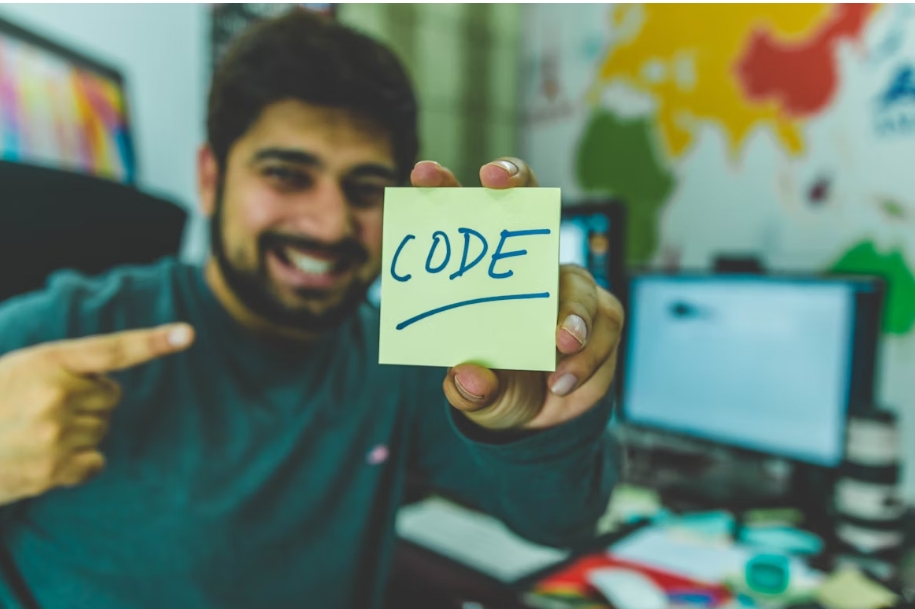Coding interviews – those delightful obstacle courses between you and your next software gig – aren’t just about cranking out code. They’re a test of your smarts, your approach to problem-solving, and, yes, whether you can talk to another human being while wrangling binary trees. Many superb developers get tripped up by surprisingly common (and totally avoidable) banana peels. This guide will highlight those sneaky pitfalls and deliver practical tips for sidestepping them, so you can glide through your next code showdown like a pro.
Lack of Preparation
Thinking your regular day job has you covered for coding interviews? Ah, if only. It’s all fun and for-loops until the interviewer throws you a question on red-black trees, and suddenly you’re wishing you’d been best friends with LeetCode.
The reality: coding interviews lean heavily on data structures and algorithms that may have gathered a little dust since your school days. Block out regular prep time and treat yourself to problem sets on sites like LeetCode or HackerRank for a refresher on arrays, trees, graphs, and sorting.
Mock interviews are invaluable too – nothing like a trial run to turn nerve-wracking into routine. And a well-structured coding interview prep course is the spinach to your Popeye, sure to build those problem-solving muscles.
Poor Communication
Interviews are less about silently churning out code and more about putting your noggin on display. Sit quietly scribbling in a corner? That’s a red flag to interviewers – they’re there to get a front-row seat to your logic, not to read the tea leaves in your code.
So narrate your thought process as you go. Kick off by rephrasing the question, then map out your plan of attack. As you write, describe what each block of code is doing and why you’re choosing one path over another. Encounter a roadblock? Say so, and walk through your attempts to scale it. Think of it as live commentary for a one-person hackathon – you want your interviewer rooting for you by the end.
Not Asking Clarifying Questions
Assuming you totally got the gist and charging ahead? That’s how even brilliant coders end up chasing their tails. Interview questions are sometimes vague by design; the real test is whether you spot what’s missing and ask the right things.
Hold off on the code and get curious. Probe about input size, value ranges, sneaky edge cases, or what precisely to do with curveballs like empty arrays. For instance, ask, “Should I account for negative numbers?” or “What’s the expected output if I’m handed nothing?” These clarifying questions showcase your analytical side and signal that you’re no stranger to defensive programming.
Rushing into Coding
There’s a timer, your palms are sweaty, and the urge to attack the keyboard is strong. But hold back, warrior: charging in blindly can turn elegant logic into spaghetti code, and not the delicious kind.
Before you write code, pause to chart your course. Jot down pseudocode or walk through your algorithm verbally first. Decide on your data structures and overall plan. Just a few minutes of plotting can spare you plenty of mid-interview rewrites, and make sure you and your interviewer are reading from the same script. Plus, it gives you a shot to get their take on your plan – better to adjust early than backpedal later.
Master Your Next Interview
Coding interviews are tough, but dodging these predictable traps can give your odds a serious lift. Prep like you mean it, narrate your journey, ask sharp questions, and map before you code – do all that, and you can let your skills shine. Every interview is a chance to level up, and with each one, you’re inching closer to conquering that dream job.
Final Thoughts
Coding interviews often test more than just technical skills they measure problem-solving, communication, and composure under pressure. Common pitfalls include rushing through problems, ignoring edge cases, failing to explain thought processes, and neglecting time management. Many candidates also overlook the importance of clarifying requirements before diving into solutions. To avoid these mistakes, practice structured problem-solving, think aloud to show reasoning, and test your code thoroughly. Confidence, preparation, and clear communication can turn challenges into opportunities. Ultimately, success comes from demonstrating both coding ability and the mindset of a thoughtful, collaborative engineer.



